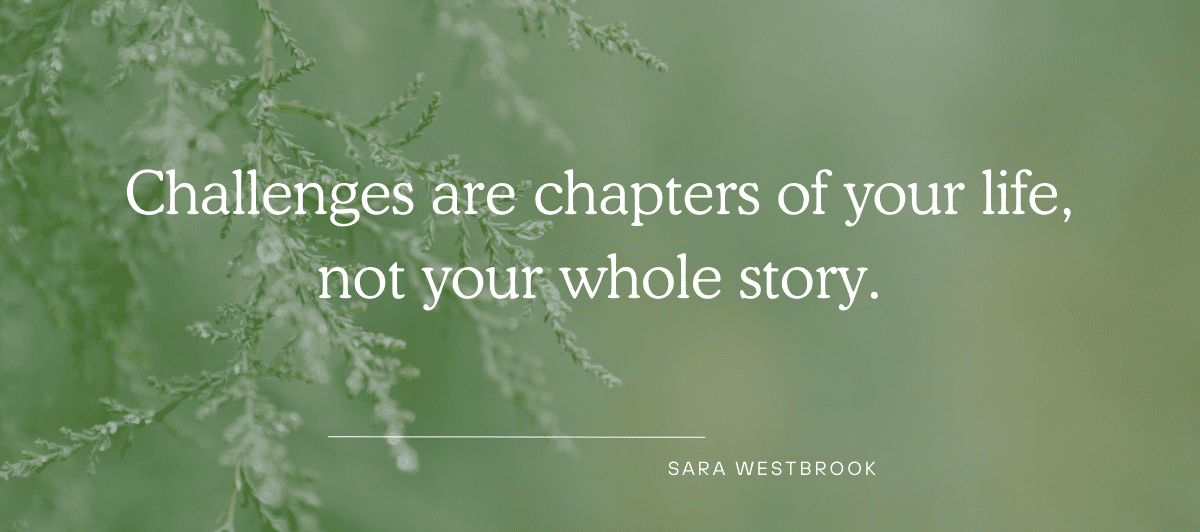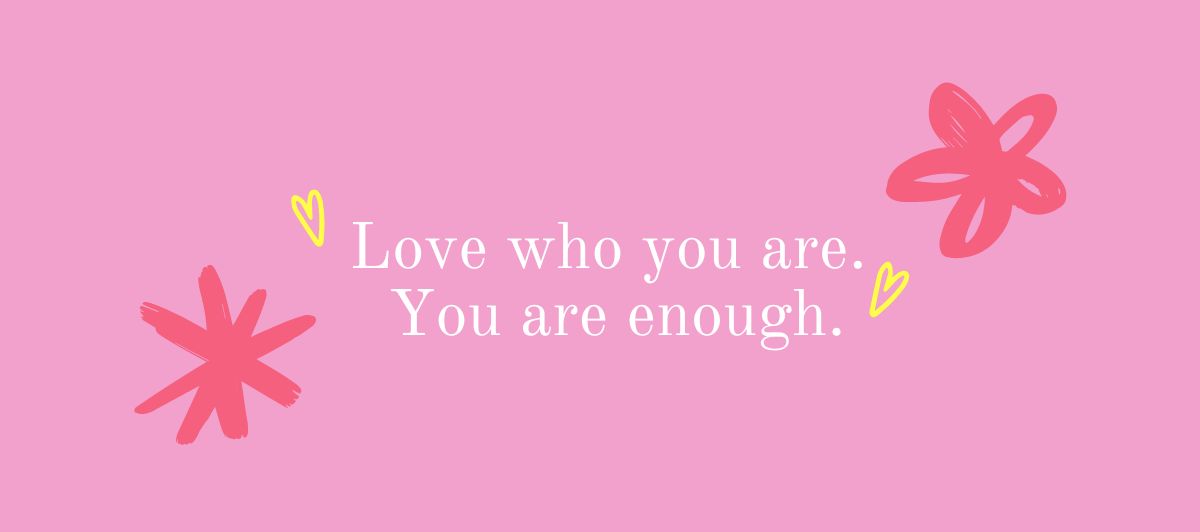
The #1 Mindset that Helps Kids Win in Life
Winning brings success—so does learning. When kids embrace a win-or-learn mindset, they recognize that every experience has value. Whether they achieve their goal or gain new insight, both outcomes help them grow stronger, wiser and more confident.
This perspective teaches them that success isn’t just about crossing the finish line—it’s also about the skills, knowledge and resilience they develop along the way. When kids understand this, they become more willing to take on challenges, push through difficulties and trust in their ability to improve.
Encourage them to reflect on these questions:
✔️ What worked well for me?
✔️ What new skill or understanding did I gain?
✔️ How can I use this experience to keep improving?
A win-or-lose way of thinking can create fear and self-doubt, making kids hesitant to try. But a win-or-learn mindset develops courage, motivation and perseverance.
This is what I know: Whether in school, sports or friendships, remind your kids that every challenge, setback or loss is progress on the path to success.
Until next time…





